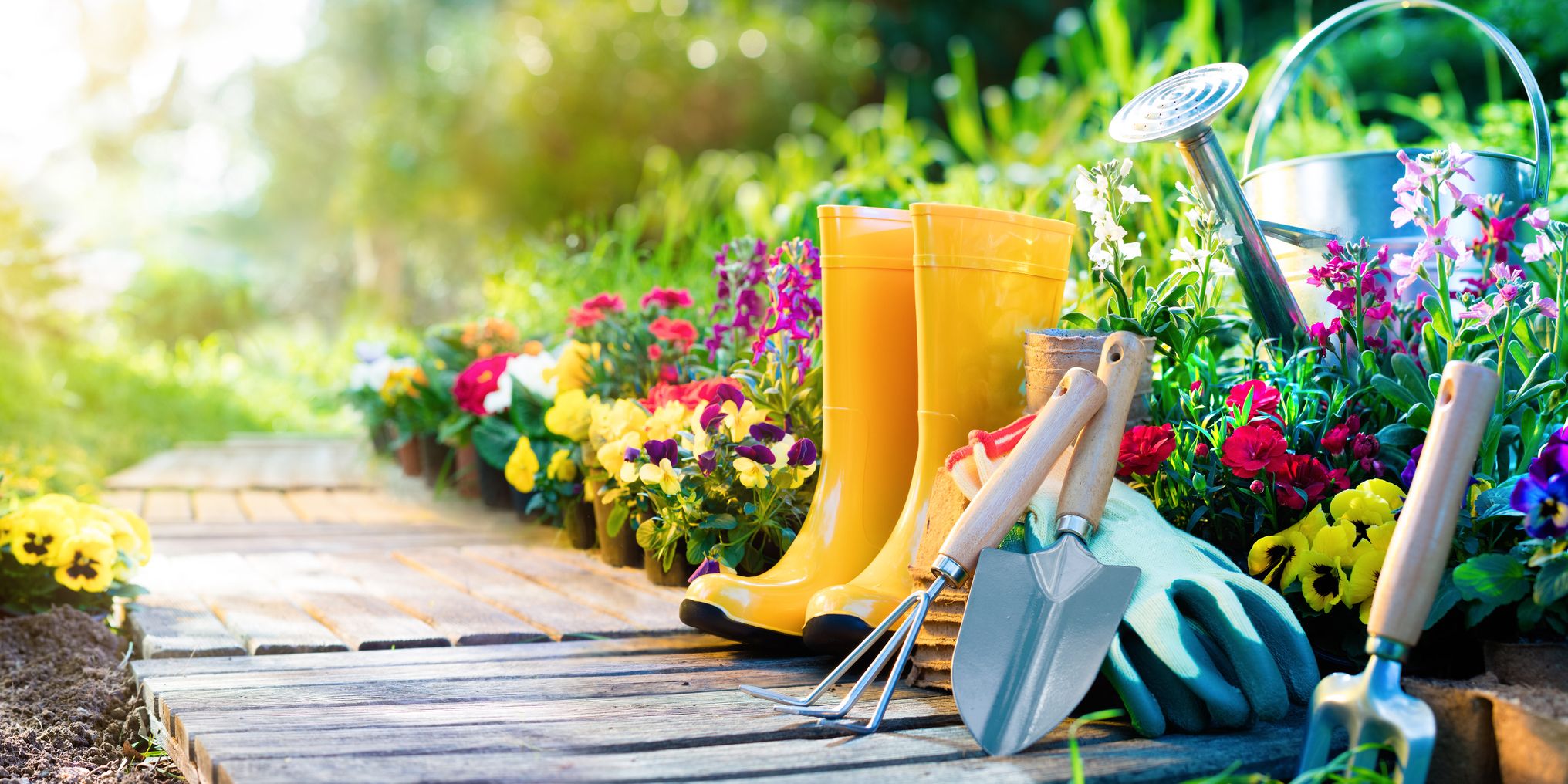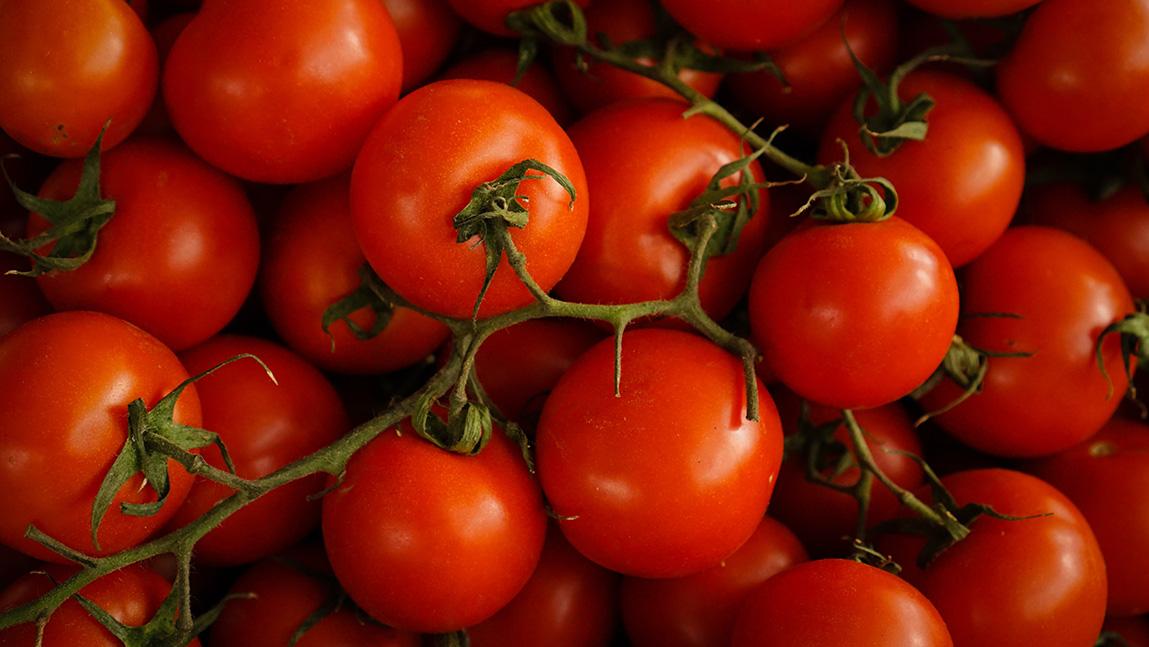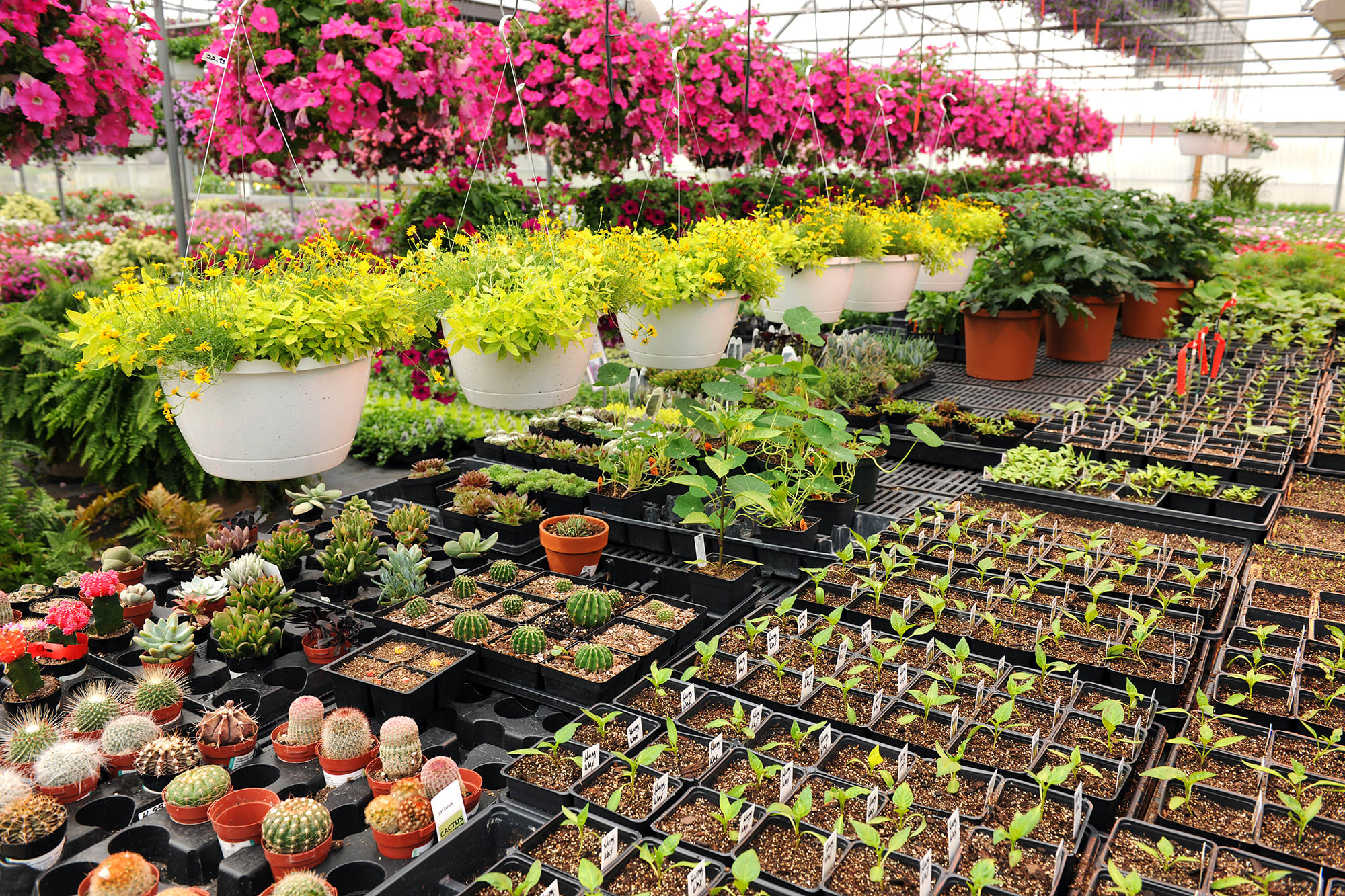Organic gardening is a sustainable approach to cultivating plants that prioritizes ecological balance and avoids the use of synthetic pesticides and fertilizers. By embracing organic principles, you can create a healthy and vibrant garden while minimizing your impact on the environment.
Key Principles of Organic Gardening
- Soil Health: Healthy soil is the foundation of a thriving garden. Organic gardeners focus on improving soil quality through composting, cover cropping, and other sustainable practices.
- Natural Pest Control: Instead of relying on chemical pesticides, organic gardeners use natural methods like companion planting, insectary plants, and biological controls to manage pests.
- Crop Rotation: This technique involves rotating different crops in a garden plot each year to prevent the buildup of pests and diseases.
- Water Conservation: Organic gardeners employ water-saving techniques such as drip irrigation and mulching to conserve water.
Benefits of Organic Gardening
- Healthier Food: Organic produce is often free from harmful chemicals, providing a healthier and more nutritious diet.
- Environmental Benefits: Organic gardening reduces pollution, conserves water, and promotes biodiversity.
- Cost-Effective: By growing your own food, you can save money on grocery bills.
- Therapeutic Benefits: Gardening can reduce stress and improve mental health.
Tips for Successful Organic Gardening
- Start Small: Begin with a small garden and gradually expand as you gain experience.
- Choose the Right Plants: Select plants that are well-suited to your climate and soil conditions.
- Prepare the Soil: Improve your soil’s fertility by adding compost or other organic matter.
- Water Wisely: Water your plants deeply and infrequently, allowing the soil to dry out slightly between waterings.
- Mulch Your Garden: Mulching helps retain moisture, suppress weeds, and regulate soil temperature.
- Monitor for Pests and Diseases: Regularly inspect your plants for signs of pests and diseases. Use natural pest control methods to address any issues.
- Harvest Regularly: Harvest your produce at the peak of ripeness to enjoy the best flavor and nutritional value.
By following these principles and tips, you can create a thriving organic garden that nourishes both you and the planet.



